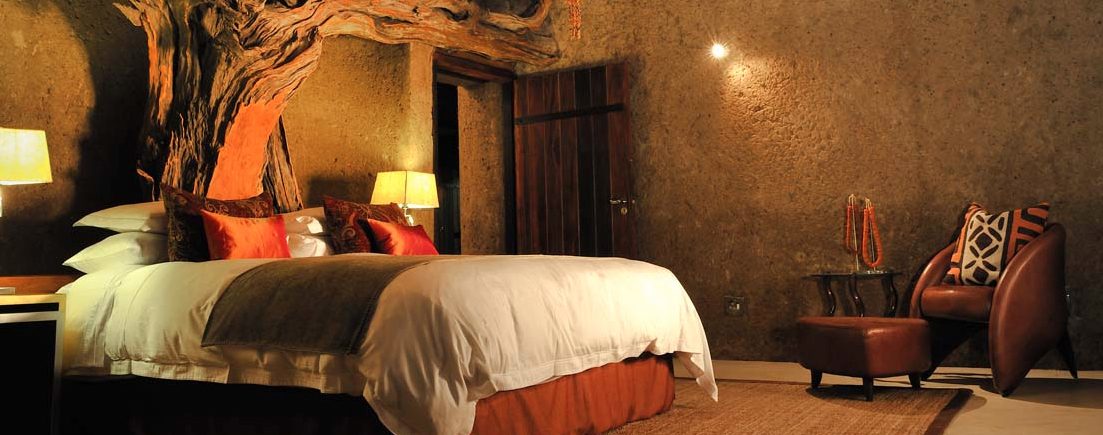Ecotourism is a slippery term. Even experts can’t always agree what it means. If you’re planning an eco-friendly holiday, you’ll need to decide on your own definition. Once you’ve prioritised your expectations, you can look for something that fits.
BY EMMA GREGG
If you think of yourself as an ecotourist, chances are you’re a sophisticated consumer with high expectations. You love wildlife and nature, respect local cultures and choose your itinerary, transport and accommodation with care. You certainly won’t be fobbed off with hollow gestures like commercial carbon offset schemes or those pious little “Help Save The Environment” notices on the towel rails of hotels which have no other green policies in evidence. There’s much more to eco-conscious travel than that.
But how can you be certain your trip is as eco-friendly as you’d like? Can you always recognise greenwash when you see it?
The term ecotourism has been around since the 1970s, but there’s still some uncertainty about what it really means.
Most would agree, however, that true ecotourists and ecotourism businesses share an interest in the natural world and a desire to experience and share it in a low-impact manner.
The result can be overwhelmingly positive. As Dr Martha Honey of the Center for Responsible Travel (responsibletravel.org) remarked in a recent interview: “Ecotourism, for many parts of the world, appears to be the most internationally viable product they have that does not exploit their people or destroy the environment. People go on their first eco-tour and come back saying, This is great! I’m never going to do an all-inclusive resort or cruise again!”
However, not all tourism businesses stay which call themselves “eco” are fully committed to doing the right thing.
In 2008, the Global Sustainable Tourism Council (gstcouncil.org) created a set of criteria which represent “the minimum requirements that any tourism business should reach in order to protect and sustain the world’s natural and cultural resources while ensuring tourism meets its potential as a tool for conservation and poverty alleviation”.
At present, however, no single system exists to judge how well businesses follow these guiding principles.
This shifts some responsibility onto consumers – which is not entirely a bad thing. Before you book a trip, it’s worth deciding on some minimum criteria of your own, then seeking out a company or itinerary that will deliver.
You might decide, for example, that what’s most important to you is travelling by public transport, or staying in off-grid accommodation, or taking a nature tour which makes a worthwhile contribution to conservation.
Some green policies – minimising power consumption for example – are easy to define and demand. Others are less tangible, but equally important. An area that ecotourists sometimes overlook is the extent to which tours, hotels and B&Bs contribute to community wellbeing and development. Eco-friendliness and community-friendliness should always go hand in hand.
Try to focus on companies which employ and train local staff and pay them fairly. These may also offer sensitively run visits to villages, schools or cultural events, sell locally made crafts and support community-based charity projects.
Because of the costs involved in creating a national ecotourism policy and supporting green businesses, there can be significant differences in how the term eco is used and understood around the world. “Definitions tend to be subjective”, says Lesley Schofield of All Points East (allpointseast.com). “In South East Asia, countries which are newly emerging from years of strife or unrest place less emphasis on sustainability and recycling than, say, Thailand, which has a long history of tourism.”
Specific local circumstances also shape every tourism company’s decisions. An isolated safari lodge, for example, may legitimately call itself an eco-lodge because it uses renewable energy and supports community projects, even though it may ship in food and wine from distant cities due to a lack of suitable local sources.
All About Everywhere, February 2016
A version of this article was commissioned by EcoTourLinQ.com in August 2015.
© Emma Gregg, 2015 • all rights reserved
